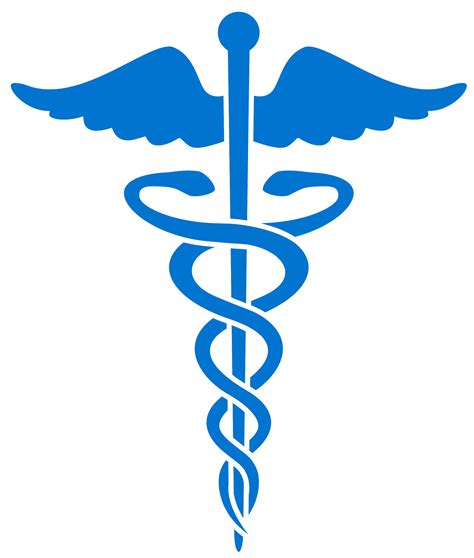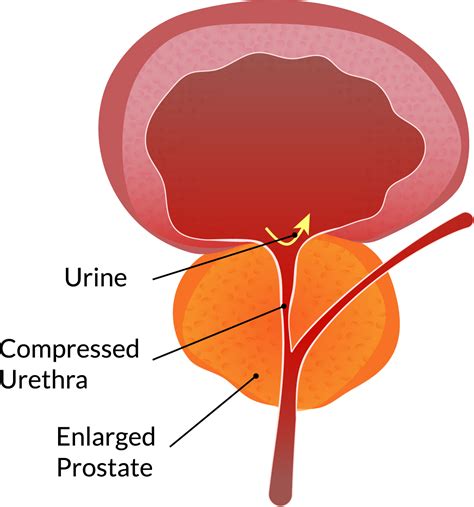What is the recommended age for men to begin prostate cancer screenings?

Understanding Prostate Cancer Screening Guidelines
Prostate cancer is one of the most common cancers among men, and early detection often plays a critical role in successful treatment outcomes. However, the question of when to begin prostate cancer screenings is not a one-size-fits-all answer. Medical organizations and healthcare providers offer various guidelines, emphasizing shared decision-making between patients and their doctors.
General Recommendations for Average-Risk Men
For men with an average risk of prostate cancer, most major health organizations suggest discussing screening options around age 50. This discussion should cover the potential benefits, risks, and limitations of screening tests. Average risk means having no close relatives (father, brother, or son) who had prostate cancer before age 65, and not being of African American descent, as these factors increase risk.

Key Factors Influencing Screening Age:
- Age: Risk increases with age.
- Family History: Having a first-degree relative with prostate cancer doubles a man’s risk.
- Ethnicity: African American men have a higher risk and are more likely to develop prostate cancer at an earlier age.
Recommendations for High-Risk Men
Men at higher risk for prostate cancer should begin discussions about screening earlier. These recommendations include:
- Age 40-45: For men with multiple first-degree relatives (father, brother, or son) who had prostate cancer at an early age (younger than 65).
- Age 40-45: For African American men, due to their increased risk and tendency to develop the disease earlier and more aggressively.
- Age 40: For men with a known genetic mutation that increases cancer risk, such as BRCA1 or BRCA2.

Common Screening Methods
The two primary methods for prostate cancer screening are:
- Prostate-Specific Antigen (PSA) Blood Test: This test measures the level of PSA, a protein produced by the prostate gland, in the blood. Elevated PSA levels can indicate prostate cancer, but also other conditions like benign prostatic hyperplasia (BPH) or prostatitis.
- Digital Rectal Exam (DRE): During a DRE, a doctor manually examines the prostate through the rectum to check for abnormalities in size, shape, or texture.
Both tests are often used together to provide a more comprehensive assessment.

The Importance of Shared Decision-Making
Given the complexities of prostate cancer screening, including the potential for false positives, over-diagnosis, and treatment-related side effects, organizations like the American Cancer Society (ACS) and the American Urological Association (AUA) strongly advocate for shared decision-making. This means that men, in consultation with their healthcare provider, should carefully weigh their personal risk factors, values, and preferences before deciding whether to undergo screening.

When to Stop Screening
For men who choose to be screened, the decision of when to stop screening is also important. Generally, screening is not recommended for men who are expected to live less than 10-15 years, as prostate cancer often grows slowly, and the potential harms of screening may outweigh the benefits in this group. This typically applies to men over 70 or 75, depending on their overall health and life expectancy.
Conclusion
There is no universally mandated age for prostate cancer screenings. Instead, guidelines emphasize personalized care based on individual risk factors, ethnic background, and family history. It is essential for men to have an open and honest conversation with their doctor about the benefits and risks of screening, to make an informed decision that aligns with their health goals and preferences. Early discussion and understanding are key to navigating prostate health effectively.










